Burundi, a small landlocked country in East Africa, has a rich history of sustainable construction and eco-friendly architecture. With a focus on environmentally conscious building practices, the country has made significant strides in transforming its urban landscape and promoting sustainable urban development. From government initiatives to private sector investments, Burundi has been at the forefront of the green building movement in Africa.
Over the years, sustainable construction in Burundi has evolved to encompass a wide range of green building practices, including the use of renewable energy, sustainable materials, and water-saving technologies. These eco-friendly building methods have not only helped reduce the environmental impact of construction but also contributed to the creation of more liveable and healthy cities.
- Burundi has a strong history of sustainable construction and eco-friendly architecture.
- The country has adopted various environmentally conscious building practices, including the use of renewable energy and sustainable materials.
- Sustainable construction has played a significant role in transforming Burundi’s urban landscape and promoting sustainable urban development.
- The government and private sector have invested heavily in green building initiatives in the country.
- The use of eco-friendly building methods has helped create more liveable and healthy cities in Burundi.
Evolution of Sustainable Construction in Burundi
In recent years, Burundi has made significant strides in promoting green building practices and environmentally conscious construction. The country has recognized the importance of sustainable development initiatives in creating a more eco-friendly and livable built environment.
One of the most significant developments in sustainable construction in Burundi has been the rise of eco-friendly architecture, including the use of renewable materials, energy-efficient designs, and green building certifications. These practices are not only good for the environment but also help reduce long-term operational costs for building owners and occupants.
Another area of Sustainable development initiatives Burundi has been successful in is the adoption of environmentally conscious construction methods. This includes the use of more sustainable building materials, such as recycled and locally sourced materials, and the implementation of energy-efficient systems that reduce waste and promote energy savings.
Despite the progress made in sustainable development, there are still challenges that need to be addressed. One of the biggest obstacles is the lack of awareness and understanding of the benefits of green building practices. Many construction professionals and building owners still view sustainable development initiatives Burundi as an expensive and unnecessary investment.
However, the potential for future growth and innovation in environmentally conscious construction in Burundi is immense. As the country continues to prioritize sustainable development initiatives, it is likely that we will see more significant progress in the coming years.
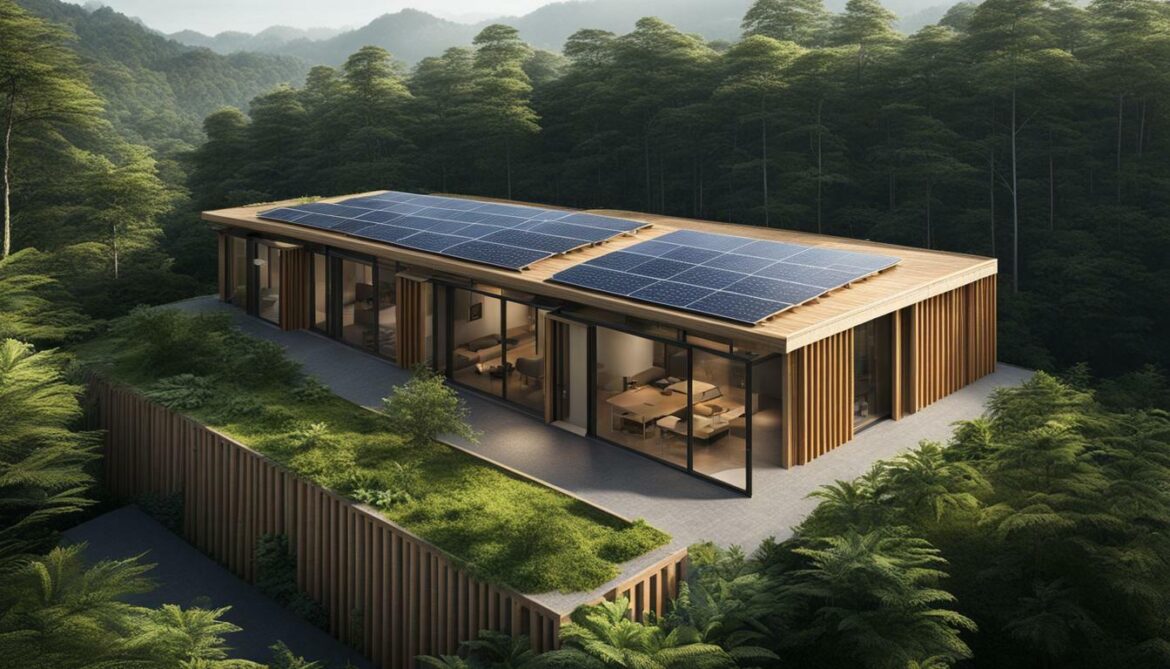
In conclusion, Burundi’s evolution towards sustainable construction and environmentally conscious design is an encouraging trend. By adopting green building practices and promoting sustainable development initiatives, the country is creating a more eco-friendly and livable built environment that benefits both the environment and its citizens. It is crucial for the construction industry to continue to innovate and prioritize sustainability, ensuring a brighter future for Burundi and the world at large.
Transforming Burundi’s Urban Landscape
Over the years, Burundi has made significant progress in promoting sustainable construction practices and implementing eco-friendly building projects. This has helped to transform the country’s urban landscape, creating more livable and environmentally conscious cities.
One of the key drivers of this transformation is the implementation of various green initiatives in Burundi. These initiatives have been spearheaded by both the government and private sector, aimed at promoting Burundi construction industry sustainability.
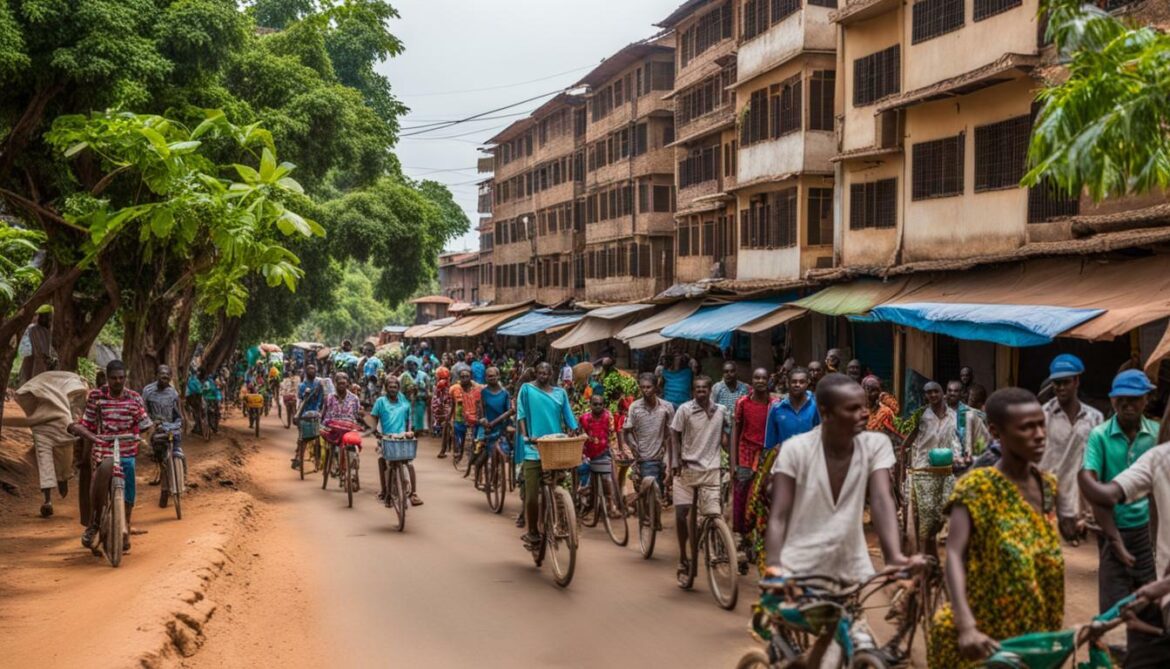
Notable examples of eco-friendly building projects in Burundi include the Bujumbura Market, which uses sustainable design features such as natural ventilation and lighting, rainwater harvesting systems, and renewable energy sources. The Kanyosha Housing Project is another example of a sustainable construction project, providing affordable, energy-efficient homes for Burundi’s urban population.
These and other sustainable construction initiatives have not only helped to reduce the environmental impact of urban development but have also contributed to creating more comfortable and healthier living environments for the population.
Looking to the future, there is still much that can be done to further promote sustainable construction and green initiatives in Burundi. This is a critical area that requires ongoing development and innovation, in order to support the country’s continued progress towards a more sustainable and livable urban landscape.
Importance of Sustainable Urban Development
Sustainable urban development plays a vital role in the well-being and prosperity of Burundi’s population. The integration of sustainable construction practices has led to the creation of more environmentally friendly and livable cities. By promoting sustainable development, Burundi is ensuring that future generations can enjoy a clean, healthy, and sustainable environment.
One of the most significant benefits of sustainable urban development is the improvement in the quality of life for the citizens. By designing cities with a focus on sustainability, Burundi is creating urban environments that are healthier, safer, and more attractive for residents. Sustainable buildings and infrastructure are designed to reduce the negative impact on the environment and ensure that they are energy-efficient. This, in turn, leads to a reduction in air and water pollution and an improvement in the overall health of the population.
Another essential benefit of sustainable urban development is the economic benefits it provides. By creating sustainable buildings and infrastructure, Burundi is investing in its long-term economic future. Sustainable construction practices help to reduce operation and maintenance costs of buildings, which results in lower utility bills and operational expenses. By reducing energy consumption, Burundi is also reducing its dependence on non-renewable energy sources, thus providing long-term economic benefits.
Overall, sustainable urban development is crucial for Burundi’s future. By prioritizing green building practices and sustainable development initiatives, Burundi can build healthy, sustainable, and livable cities that provide significant benefits to its citizens and economy. The government, the construction industry, and citizens have a responsibility to work together to ensure that sustainable urban development continues to be a priority in Burundi’s development plans.
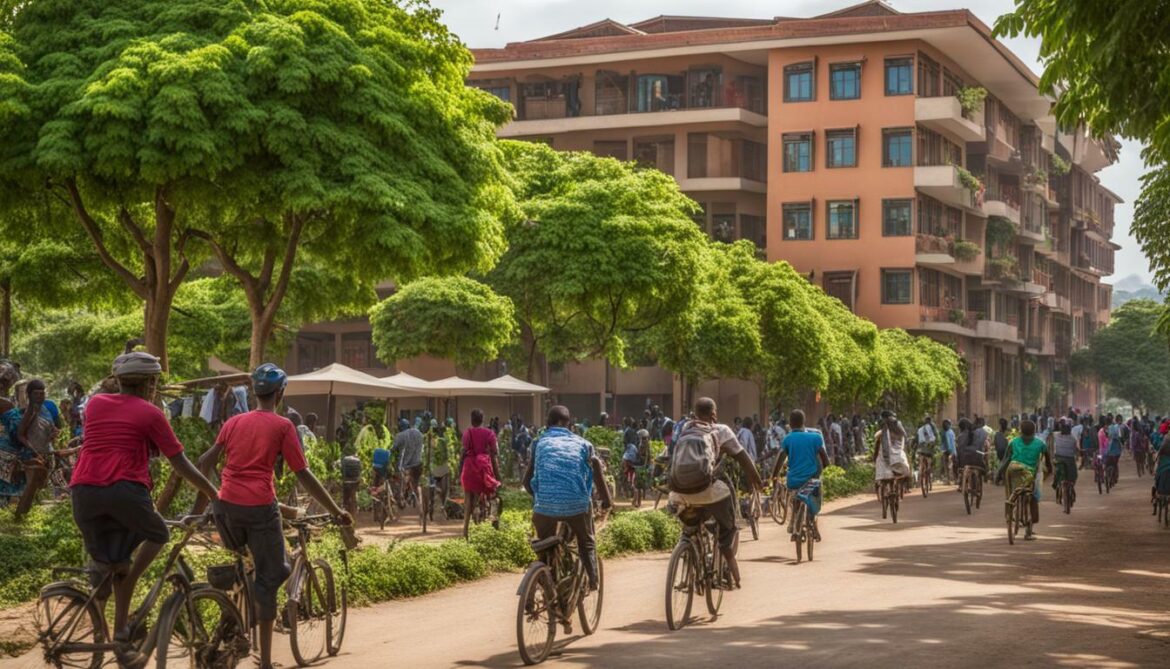
Despite the progress made in sustainable construction in Burundi, there remain several challenges that hinder the growth of eco-friendly architecture in the country. One of the major obstacles is the lack of awareness and understanding of sustainable construction practices among both builders and clients.
Another challenge is the higher upfront costs associated with sustainable construction, which can deter some developers from pursuing environmentally conscious building methods. However, it is essential to recognize that these costs are often offset by the long-term savings in energy and maintenance costs.
Despite the challenges, there are many opportunities for growth and innovation in sustainable construction in Burundi. As the demand for eco-friendly architecture continues to rise, developers and builders have an incentive to invest in new technologies and methods to reduce the costs associated with sustainable construction.
The government also plays a crucial role in creating opportunities for sustainable construction. By providing incentives and support for environmentally conscious building practices, the government can help lay the foundation for sustainable development in Burundi.
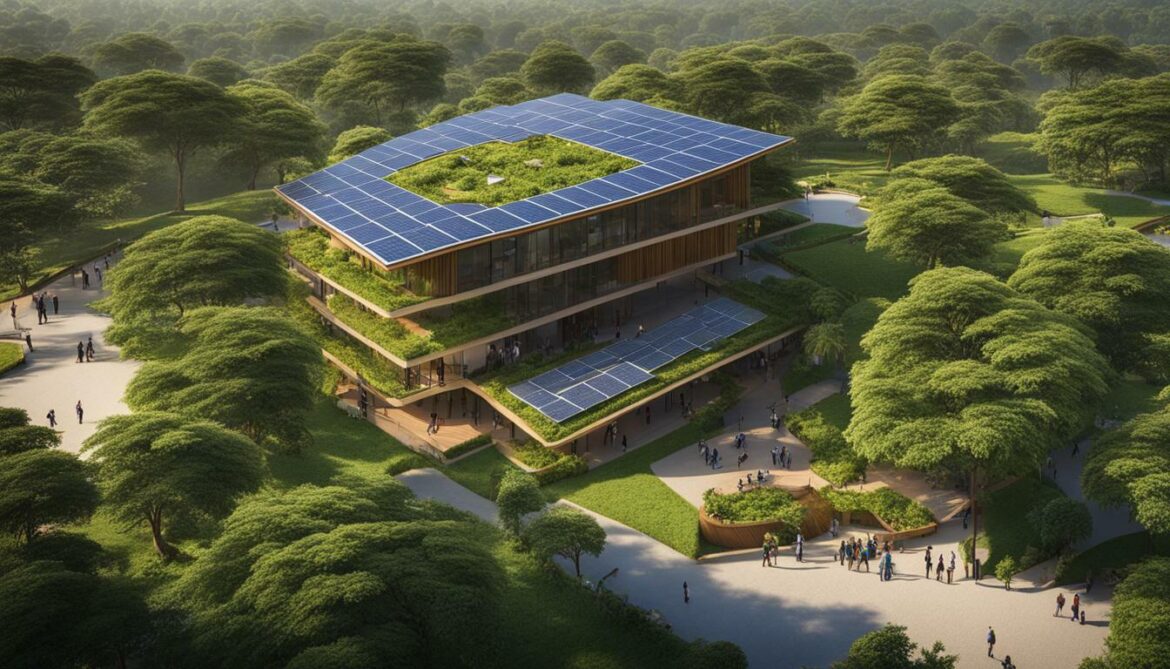
As part of this effort, there are numerous initiatives underway to promote sustainable construction in Burundi, such as the Green Building Council of Burundi. These organizations provide education and training on sustainable construction practices and work to raise awareness of the importance of eco-friendly architecture in Burundi.
Overall, the challenges faced in sustainable construction in Burundi are significant, but the opportunities for growth and innovation are equally promising. With continued support from the government and the private sector, the country has the potential to become a leader in sustainable construction and eco-friendly architecture in the region and beyond.
Government Initiatives and Policies
Government initiatives and policies have played a crucial role in promoting sustainable development initiatives Burundi and green initiatives in Burundi. The government has implemented various regulations and incentives to encourage sustainable construction practices and eco-friendly architecture.
One notable policy is the Burundi National Environmental Action Plan (NEAP), which outlines the country’s strategy for sustainable development and environmental management. The plan focuses on creating a sustainable built environment through the implementation of green building practices and eco-friendly architecture.
| Regulation/Incentive |
Purpose |
| National energy efficiency standards for buildings |
To reduce energy consumption and promote sustainable building practices |
| Green building tax incentives |
To encourage the adoption of eco-friendly architecture and construction practices |
| Environmental impact assessments for construction projects |
To evaluate the potential impact of new construction projects on the environment and promote sustainable development |
Furthermore, the government has established partnerships with international organizations such as the United Nations Development Programme (UNDP) to support sustainable development initiatives. The UNDP has provided technical assistance and funding for projects that promote environmentally sustainable construction practices and urban development in Burundi.
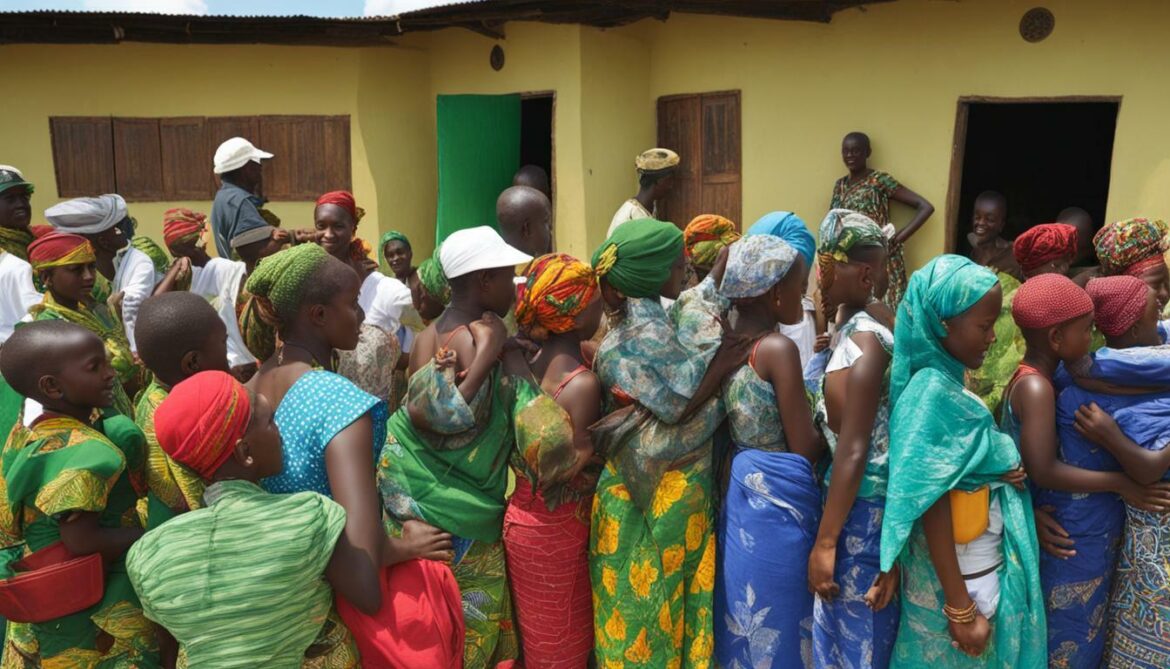
In conclusion, government initiatives and policies have been instrumental in promoting sustainable development initiatives Burundi and green initiatives in Burundi. The implementation of regulations and incentives has encouraged the adoption of eco-friendly architecture and construction practices, leading to the creation of more sustainable and livable cities. The partnerships between the government and international organizations have further supported these efforts, paving the way for a more sustainable future in Burundi.
Conclusion
In conclusion, Burundi’s green building history has been marked by significant progress in promoting sustainable construction and eco-friendly architecture. The evolution of sustainable construction practices and the implementation of environmentally conscious building methods have contributed to transforming Burundi’s urban landscape, creating more livable and environmentally friendly cities.
The importance of sustainable urban development cannot be understated, as it has a positive impact on the well-being of Burundi’s population. While the construction industry continues to face challenges in implementing sustainable practices, there are opportunities for growth and innovation in eco-friendly architecture in Burundi.
Government Initiatives and Policies
The Burundian government has played a significant role in promoting sustainable development initiatives and green initiatives in the country. The government has taken steps to encourage environmentally conscious building practices, including the implementation of regulations and incentives to support these efforts.
Overall, Burundi’s green building history provides valuable lessons on the importance of promoting sustainable construction practices and the potential for creating more environmentally friendly and livable cities. It is essential that the Burundian construction industry continues to prioritize sustainability and eco-friendly architecture for the benefit of current and future generations.
Thus, it is evident that Burundi’s Green Building History serves as an inspiration to other countries to focus on sustainable development.
FAQ
What is Burundi Green Building History?
Burundi Green Building History refers to the development and implementation of sustainable construction practices and eco-friendly architecture in Burundi over time.
How has sustainable construction evolved in Burundi?
Sustainable construction in Burundi has evolved through the adoption of green building practices and environmentally conscious construction methods.
What initiatives have transformed Burundi’s urban landscape?
Burundi’s urban landscape has been transformed through various green initiatives, including sustainable construction projects and efforts to promote sustainability within the construction industry.
Why is sustainable urban development important in Burundi?
Sustainable urban development is important in Burundi as it helps create more environmentally friendly and livable cities, contributing to the overall well-being of the population.
What are the challenges and opportunities in Burundi’s green building history?
Burundi’s green building history has faced challenges in implementing sustainable construction practices, but there are also opportunities for future growth and innovation in eco-friendly architecture.
What role do government initiatives and policies play in Burundi’s sustainable construction?
Government initiatives and policies in Burundi promote sustainable construction and green initiatives by encouraging environmentally conscious building practices and supporting sustainable development through regulations and incentives.
What is the significance of Burundi Green Building History?
Burundi Green Building History highlights the milestones achieved in sustainable construction and emphasizes its importance for the future of the country.






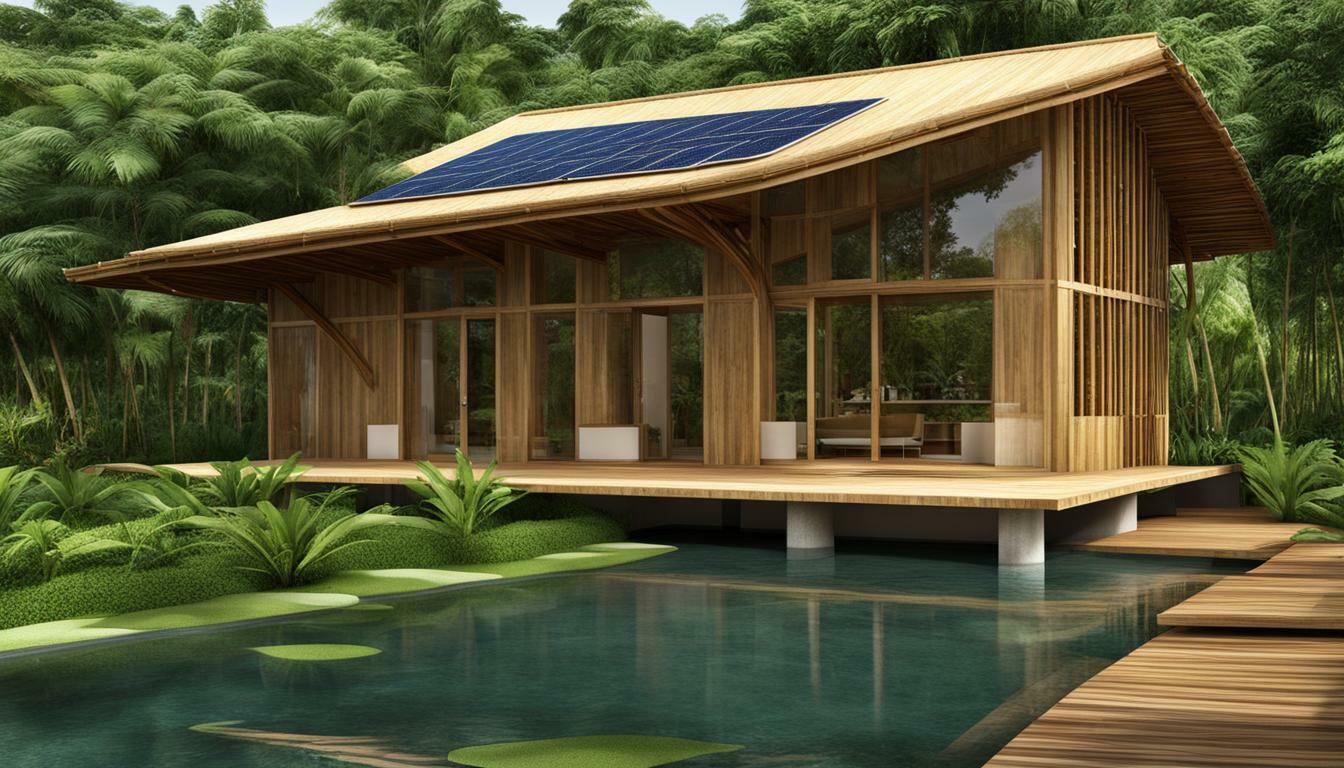





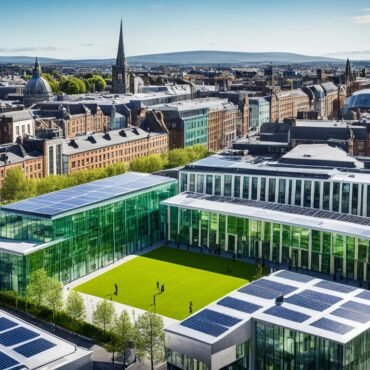
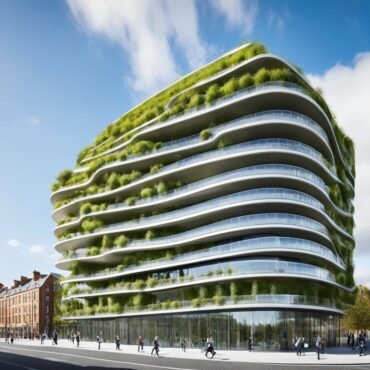




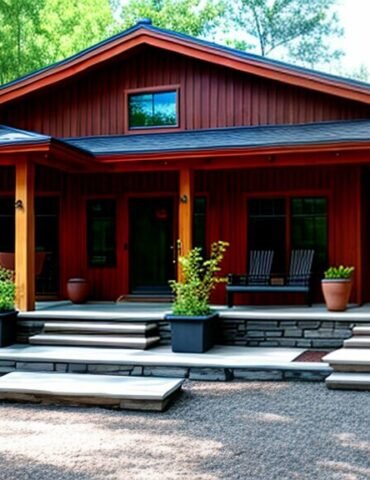

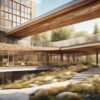


Post comments (0)